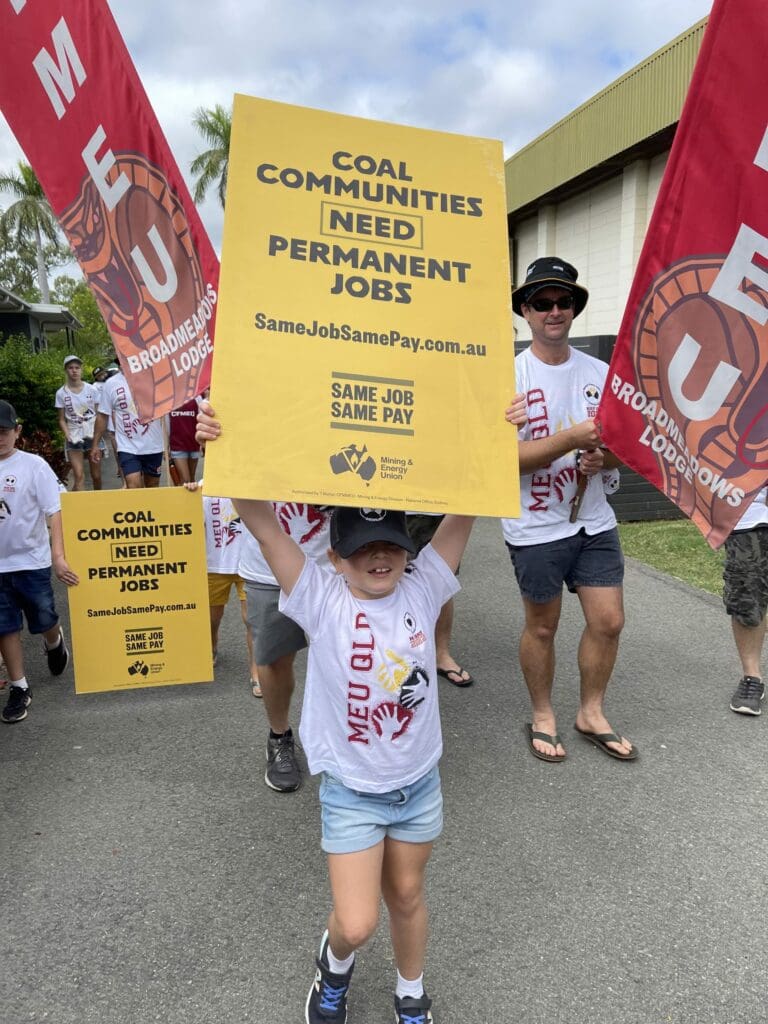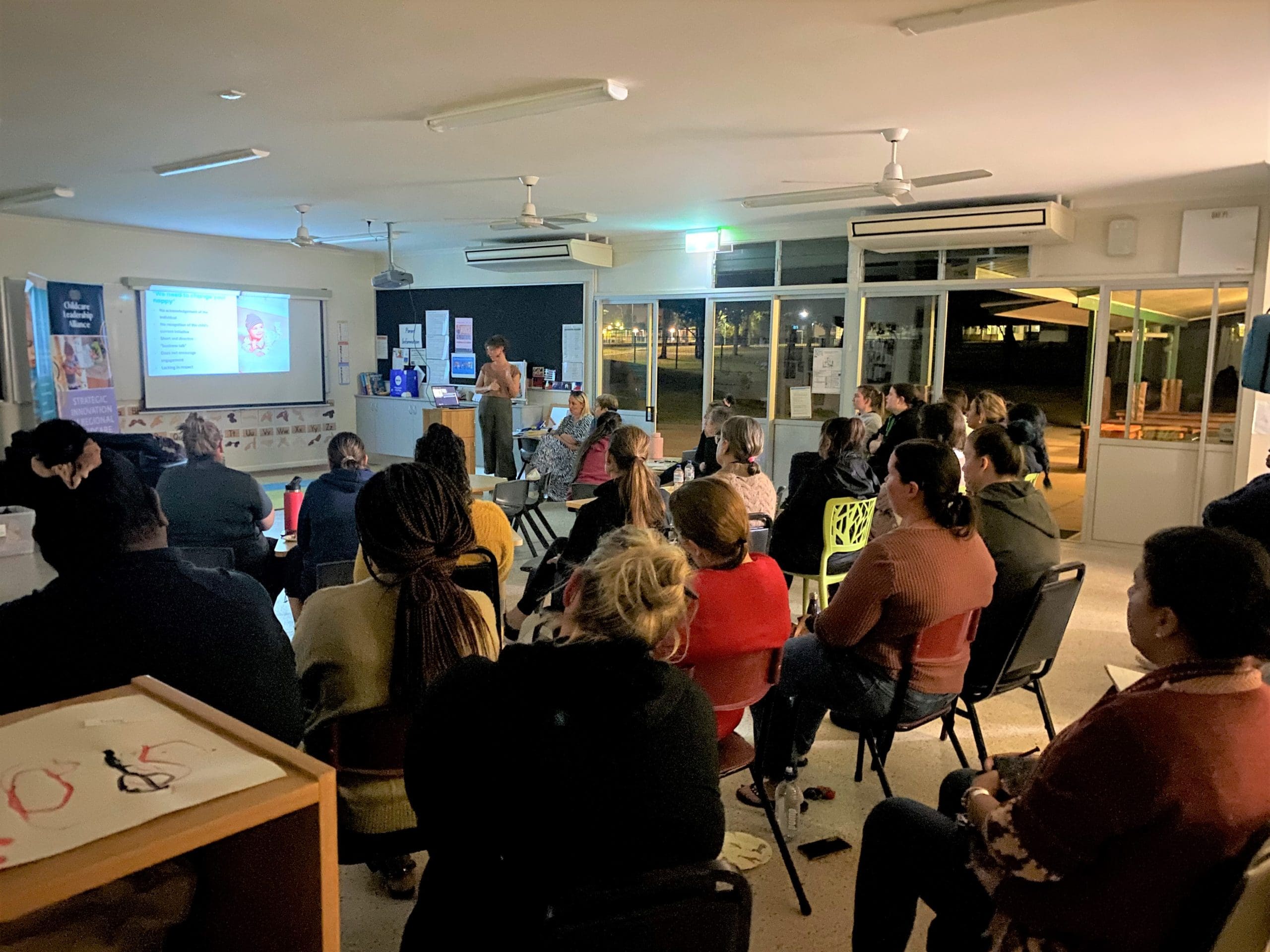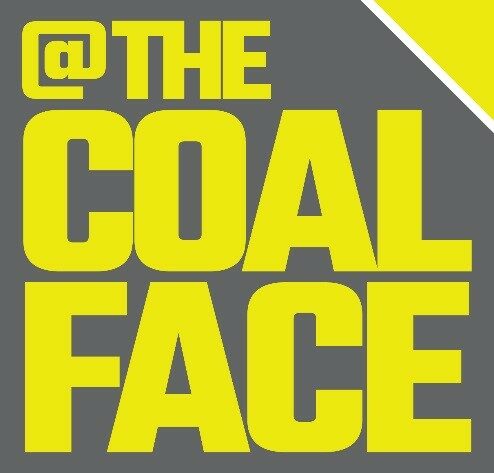This time last year, we were heading towards a federal election and our union was campaigning for ‘Same Job Same Pay’ to end the long-term exploitation of labour hire workers in mining. 2023 is the year that Same Job Same Pay will become a reality.
During the campaign, Labor committed to supporting ‘Same Job Same Pay’ laws to stop labour hire employees being paid less than permanent employees at a workplace performing the same job. Industrial Relations Minister Tony Burke has been a vocal supporter of Same Job Same Pay and has promised it will be included in the next round of industrial relations reforms this year.
We know that workers across the mining industry are keen for Same Job Same Pay to be implemented as quickly as possible. After all, workers experience firsthand the way mining companies use labour hire as a loophole to avoid the pay and conditions contained in union-negotiated Enterprise Agreements. However, it’s important that the new laws are workable and well-designed to withstand scare campaigns and avoidance strategies. Consultation with industry and unions on the design of the laws is underway.
While mining companies will try and minimise the scope of new laws, we believe Same Job Same Pay must be broad enough to cover labour hire employees at all levels performing the same work as permanents. Labour hire should be used for genuine peaks and troughs or specialist work, not to undercut the whole workforce.
Seeing Same Job Same Pay legislated in 2023 is a top priority for union.
We know the Government is committed, but we also know that the mining companies will put up a fight and claim that wage justice for labour hire workers will end the industry. With prices for export coal still at historical highs and a dramatic rise in mining profits over the past two years, now more than ever mining companies can afford to do the right thing and employ workers permanently.
The Secure Jobs Better Pay laws that passed through Parliament in October were a good start to necessary industrial relations reform. They included a suite of measures designed to help workers across Australia negotiate higher pay packets and better conditions, including preventing employers terminating Enterprise Agreements during bargaining. The new laws also ban pay secrecy clauses in work contracts, meaning companies can’t prevent staff from discussing how much they are paid.

Same Job Same Pay will be an important follow-up to the Secure Jobs Better Pay package. We believe that the Government’s commitment has already led to improved work arrangements for many people, with many mining companies opting to shift workers from labour hire to direct, permanent employment in anticipation.
Having stronger workplace laws in place is essential.
However, no workplace problems are fully solved through legislation alone. Building power in the workplace by organising through the union is critical for winning and maintaining better conditions including pay and job security.
The decade-long push of mining companies to replace permanent employees with labour hire workers has been motivated by cutting wage costs and deunionising their workplaces. You may have heard the quote: “Unions are a major inconvenience to those who wish to exploit and steal from the working class.” It’s true.
Whether permanent or labour hire, the more people in a workplace are organised through the union, the better chance they have of standing together to negotiate a fair collective agreement and making sure its terms are enforced.
Robin WilliamsDistrict President MEU Northern Mining and NSW Energy











